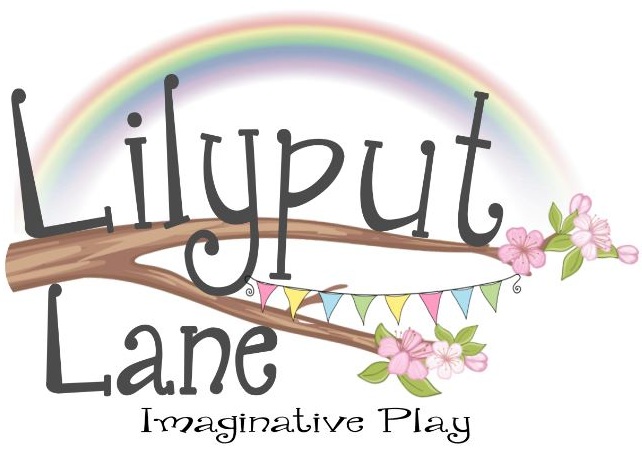What We Do
At Lilyput Lane its all about the role play ! We want children to have fun through learning. We want to provide a safe and fun environment where children can develop.
Pretend play helps children naturally develop and use their cognitive abilities and skills. Through using their imagination regularly, they develop creativity and learn to think for themselves. In a society where we are so keen on school results, it’s even more important to create a space where children are free to express themselves and live in a magical realm of possibility.
Empathy is developed though role play. Children learn to sympathize and understand certain emotional situations. When children pretend to be someone else, or use objects as something else, they are experimenting with different social situations as well as different emotions. They learn how to interact, co-operate and collaborate with each other in order to play. It’s a safe environment for them to express themselves and overcome anxieties or fears.
Children are amazing at picking up words we use or that they have heard through teachers, friends and other adults. Pretend play helps to understand the power of language and how to use these words in various scenarios. It also encourages them to listen to what is being said. Play can create all sorts of fun scenarios and encourage your little ones to use new words associated with the task at hand, like being at the train station, travelling or shopping.
The very nature of imaginative play means that children will have to decide what they are going to play, with whom, what the rules are, what they need in order to play or what to do when something goes wrong - all of this needs cognitive thinking. A skill they will use for the rest of their lives. You can also use props, such as pretend food, books, coins to help your child learn about healthy eating, numeracy and literacy.
Running, jumping, climbing, and pretend play is physical and a great way to develop motor skills. Even the simple act of changing a doll's dress, braiding hair, using coins, dishing up pretend food aides the development of fine motor skills.

